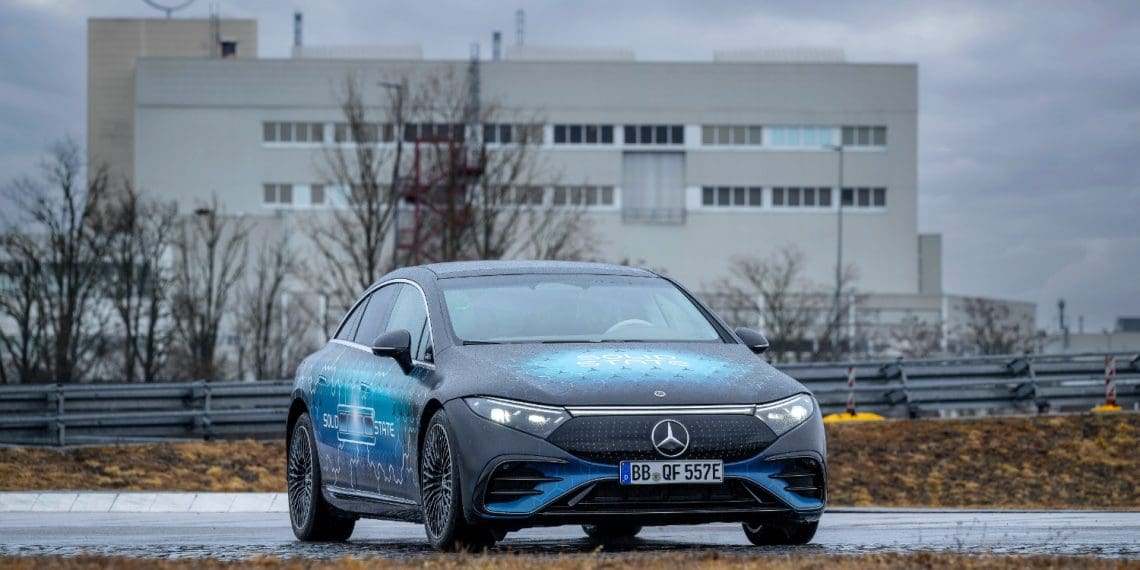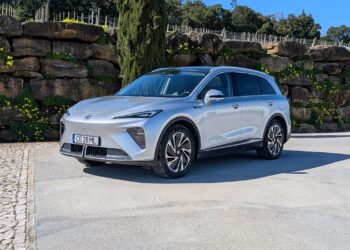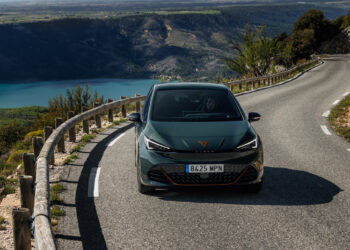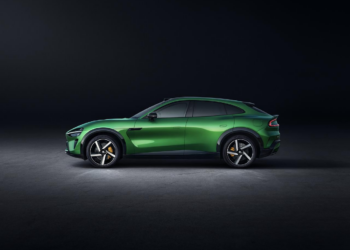Mercedes-Benz aims to start production of solid-state batteries before the end of the decade. According to “Automobilwoche,” development director Markus Schäfer revealed at an event in Copenhagen that the German brand “hopes to put the technology into mass production before the end of the decade.”
The new solid-state battery technology promises greater range and lower costs. Mercedes is partnering with American company Factorial, among others, to achieve the goal of starting production of this battery technology for electric vehicles before the end of the decade. The technical specifications and management system are being developed at the E-Campus in Stuttgart-Untertürkheim and at Mercedes-AMG High Performance Powertrains in Brixworth.

Since February, Mercedes has been testing the new battery technology in a slightly modified EQS model. The solid-state battery supposedly allows for an increase in range of up to 25%. The weight and size are comparable to those of the batteries used in the standard EQS. Greater weight and energy efficiency are achieved through battery cooling.
It is expected that solid-state batteries will provide a range of over 1000 kilometers for the vehicle under development. In comparison, with a battery capacity of 118 kWh, the current EQS 450+ already offers more than 800 kilometers on a full charge.
It is worth noting that solid-state batteries are a promising technology in electric mobility. They use a solid electrolyte instead of a liquid, which increases cell safety and allows the use of new anodes such as metallic lithium, significantly surpassing conventional lithium-ion cells.
Furthermore, solid-state technology has the potential to increase gravimetric energy density for vehicle batteries by up to 450 Wh/kg at the cell level, thereby enhancing driving range.










